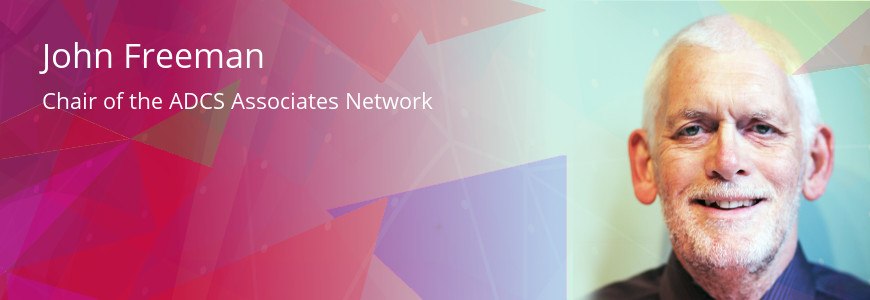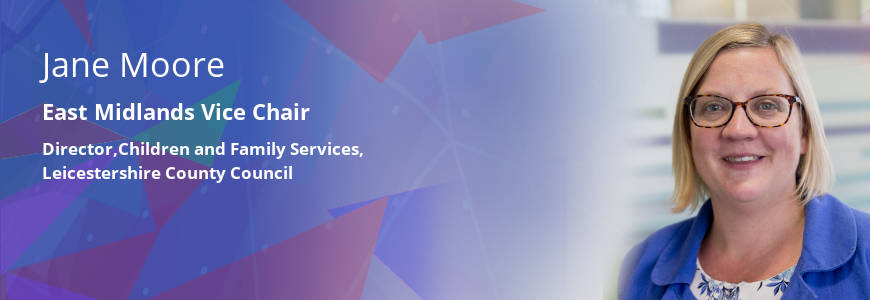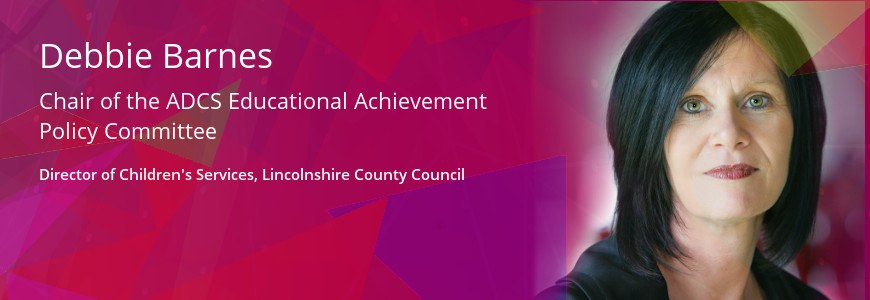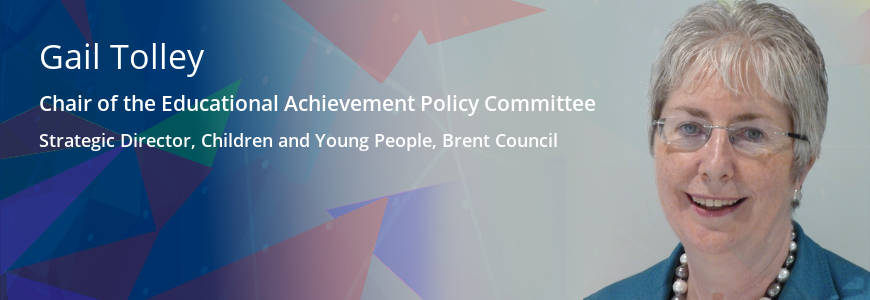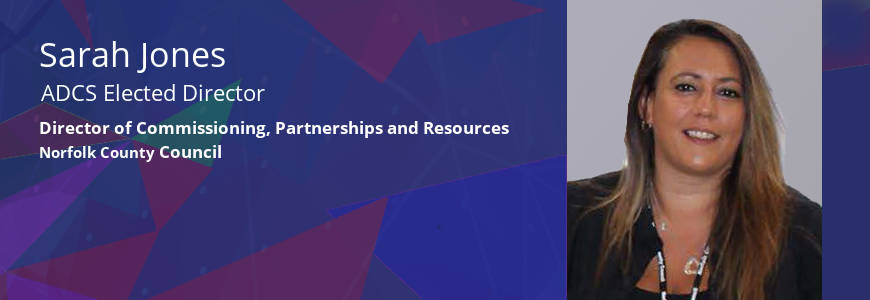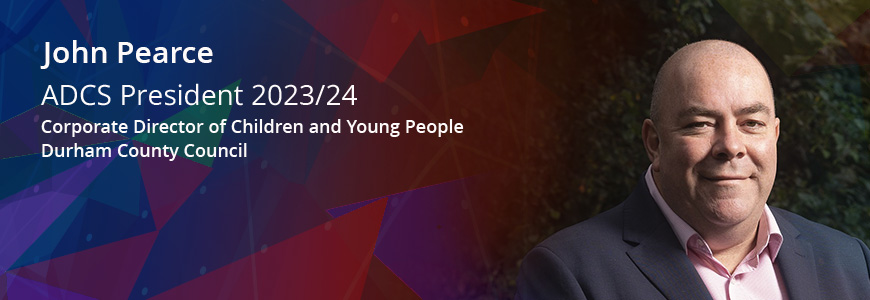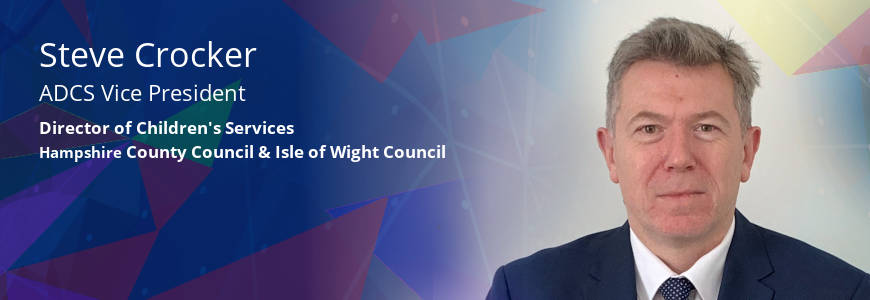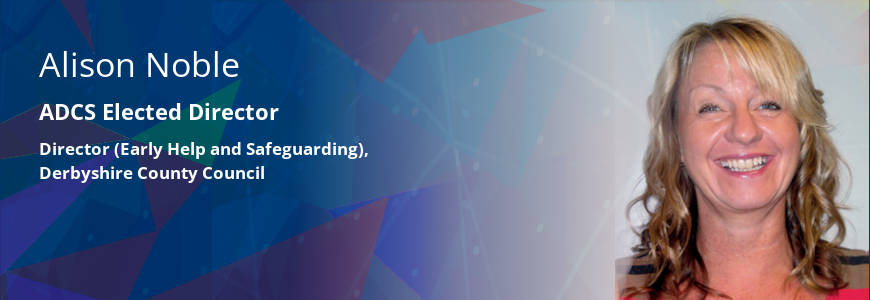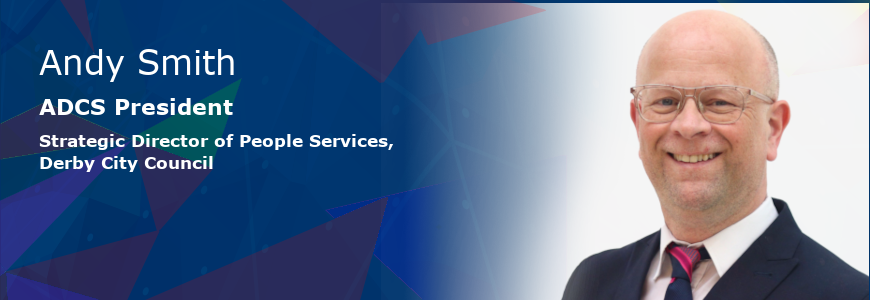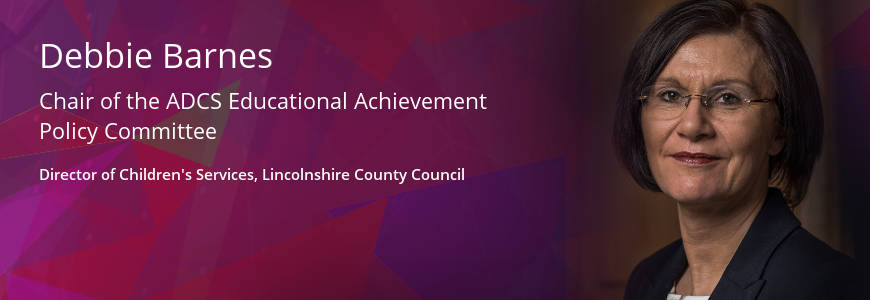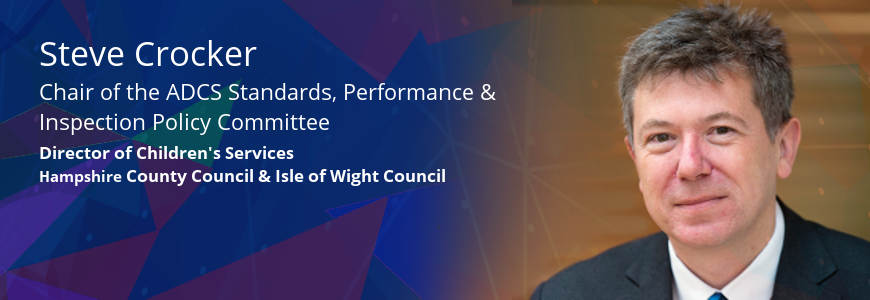The lost boys and girls – the Covid teens
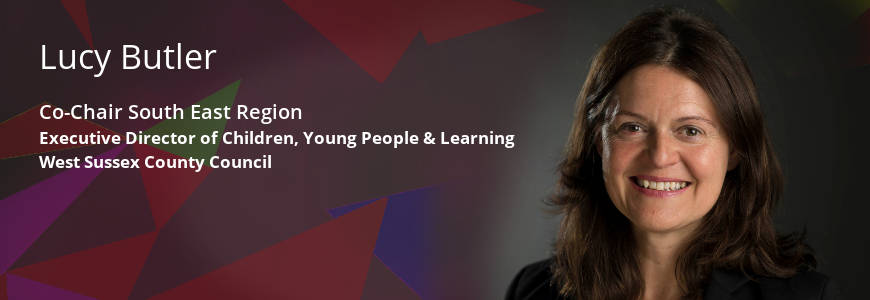
I don’t think we have ever worked in a time where uncertainty and volatility have been such features of both our personal and professional lives. One good example of this is my worry for my daughter during Covid. She is a pretty average 17 year-old currently studying (or not) for her A-levels at sixth form college. She is the year group whose GCSEs were cancelled and who were told, at first, that their mocks would be used as final grades (but mum no-one really studies for their mocks!!). I have watched as her confidence and motivation is zapped as she is forced at stay at home, with no-one for company other than a pair of middle-aged glued-to-computer users and YouTube for company. She hangs about the house, a listless figure. My worries for her have really caused me to reflect on the wider impacts for all young people aged 14-19 facing the unique challenges of cancelled exams, home learning and no social interaction with their mates.
This group of children will have had two years of cancelled and disrupted education, qualifications, and tests. Those studying practical courses (art, textiles, engineering, construction etc) where you have to physically be in the school or college environment to do the work are particularly impacted. Of course they have been dangled with the hope of summer school to compensate…seriously? Does the government not know that they need to be on holiday or at festivals…oh sorry these are cancelled. I wonder what missing two years of exams will do to this group of children. On the one hand that’s how we have been measuring children for years, on the other hand exams can add huge pressure on children and their mental health. Is it time for a rethink on the exam situation? I am reminded of a recent conversation with a headteacher who said children will be able to catch up and recover from the past year as long as we do it at the child’s pace, and schools and colleges aren’t faced with unrealistic expectations and pressure from the DfE.
The transition between childhood and adulthood is an important developmental marker in our lives, enabling young people to try out different possibilities before making decisions. Whilst it is not always easy to see how getting drunk, dancing on the table at the local pub and exploring relationships leads to sensible transition to adulthood, but for many this is seen as both a rite of passage and FUN! It’s a time when our young adults should be learning new social skills and deepening relationships, something which is hard to do virtually.
The social isolation we are all experiencing will be especially damaging to those young people leading traumatic lives with no escape valve; we need to keep this in mind as we turn our attention to post Covid. We are in danger of seeing a tidal wave of mental health issues in this cohort of children. Loneliness, lack of routine, increasing poverty levels, and living with parents struggling with their own mental health issues are causing difficulties for young people now and are likely to cause further problems in the aftermath of the pandemic. In a meeting over the summer, my mental health colleagues reported an expected 18-month lag of these issues fully surfacing.
The next few months will be critical in terms of renewal and recovery for these young people. I am heartened that Sir Kevan Collins’ focus will be wider than education to encompass children’s ‘broader needs’. We need a special focus of renewal…for my daughter and all our children as we edge out of these unprecedented times.
Related Blog Articles
Dave Hill, ADCS Immediate Past President, talks persuasively about changing the...
In Education
Three weeks ago today, a generation of children who have spent around a third of...
In Education
I am sure you will all have read the ‘Educational Excellence Everywhere’...
In Education
When I became Chair of the ADCS Educational Achievement Policy Committee this...
In Education
This year January has been an important month for me working in Norfolk as the...
In Health
As my year as ADCS President draws to a close, I’ve spent some time reflecting...
In General
At some point over the past 20 months most of us will have attended a virtual...
In General
Education systems in England have changed radically over the past few years with...
In Education
By the time you read this, summer will be on its way out and we’ll be...
In Education
Two years ago I remember sitting in my garden during the spring time of the...
In Care
It only feels like a few weeks ago when I was writing my first blog as ADCS Vice...
In General
I read an interesting and detailed report recently by the Education Policy...
In Education
We are coming to that time of year when letters to Father Christmas have been...
In General
Having recently had our Special Educational Needs and Disabilities (SEND)...
In General
I am an optimist. I’ve also got a strong tendency to look forward and not...

